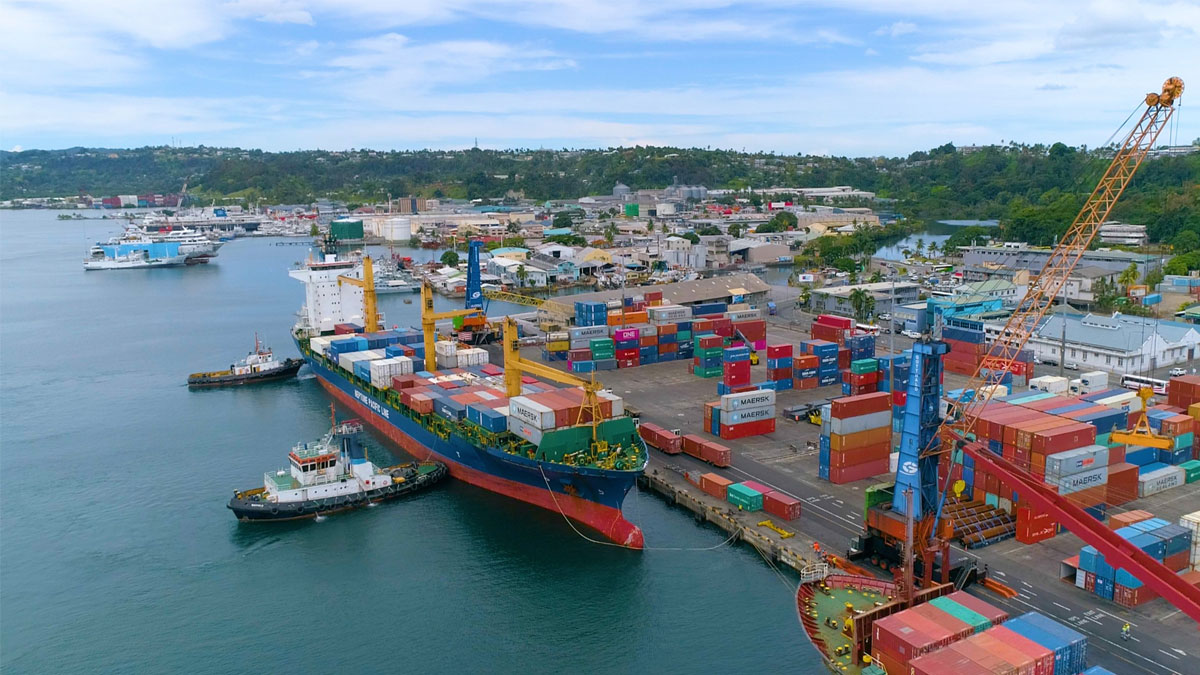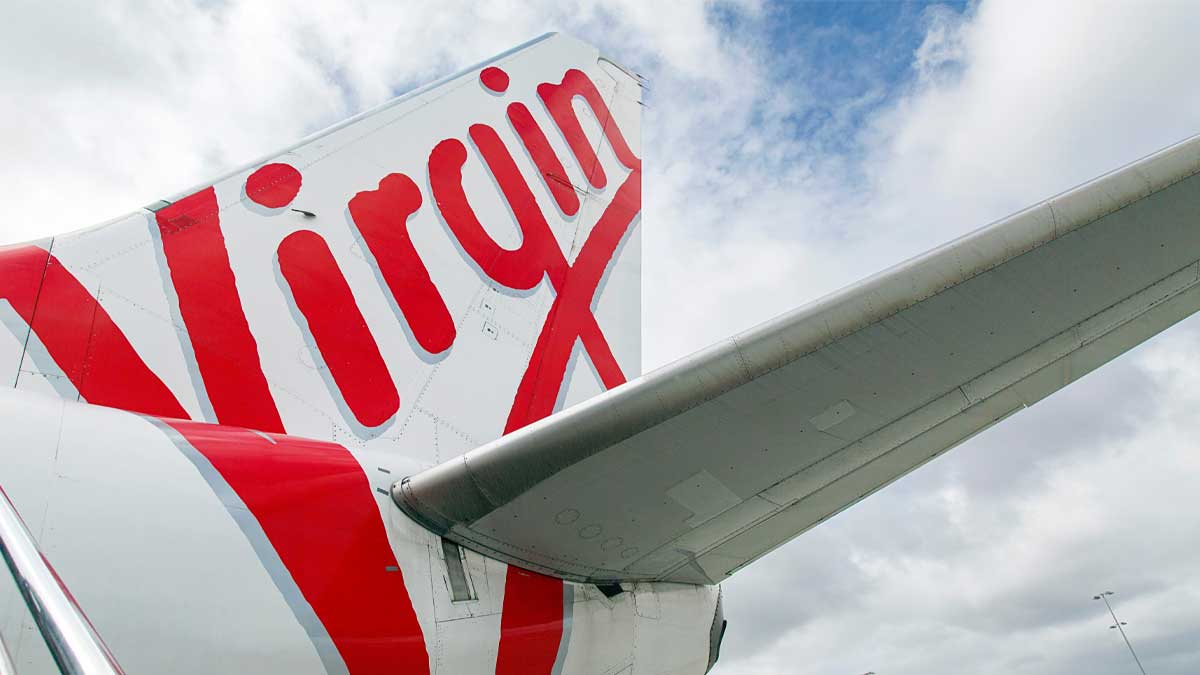
Fiji’s export to the United States were valued at $482 million last year compared to $442 million in 2020.
This has been highlighted by the Permanent Secretary for Trade, Shaheen Ali while speaking during a webinar on understanding the United States Food and Drug Administration labelling and regulatory requirements.
He says the US has been Fiji’s top export destination for a number of years now and key exports include mineral water, kava, fisheries products, turmeric and other value add products.
Ali says this long standing trade partnership has yielded remarkable performance and even in the face of the formidable challenges by the COVID-19 pandemic, bilateral trade remains resilient and promising.
He says in 2021, Fiji exported a total of $238 million worth of mineral water to the US.
The Permanent Secretary says exports of kava have grown from $9 million in 2016 to around $25.93 million in 2021.
He says kava is one of the highest value per kg crops that farmers can grow in Fiji.
Ali says Fiji's fisheries sector is important to our economy and the US is one of Fiji’s key trading partners for fish and seafood products where Fiji exported $43.4 million worth of processed fish to the US in 2021.
He says turmeric is another product that is gaining traction as an agricultural export commodity from Fiji and in 2021, Fiji exported $22.7 million worth of turmeric to the US and Fiji’s turmeric exports have increased over the years.
Ali says Fiji exports value-added products including cane sugar, ginger products like crystalized candy ginger, ginger powder and ginger syrups, turmeric powder, processed fisheries products, manufactured and baked goods and Fiji handcrafted products.
While speaking to Fijian exporters, Ali says exporting holds immense potential for growth and prosperity, not only for them as individual companies but for the Fiji-US bilateral relations as well.
He says it opens doors to new markets, diverse cultures, and a world of opportunities.
Ali says however, like any journey, the path to success requires careful planning, dedication, and a strong commitment to excellence.
The Permanent Secretary says compliance is important as the cost of non-compliance could be high, even if it is inadvertent.
He says it therefore becomes imperative to adhere to the regulations and requirements of both Fiji and the United States.
Ali says this includes trade regulations, customs procedures, labelling requirements, and product standards.
Stay tuned for the latest news on our radio stations


